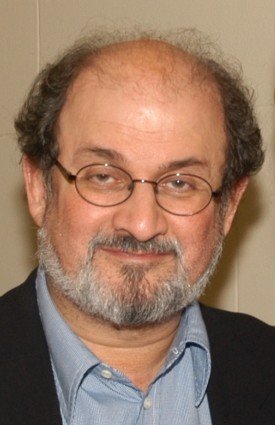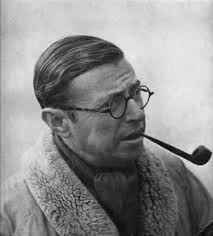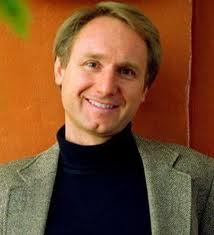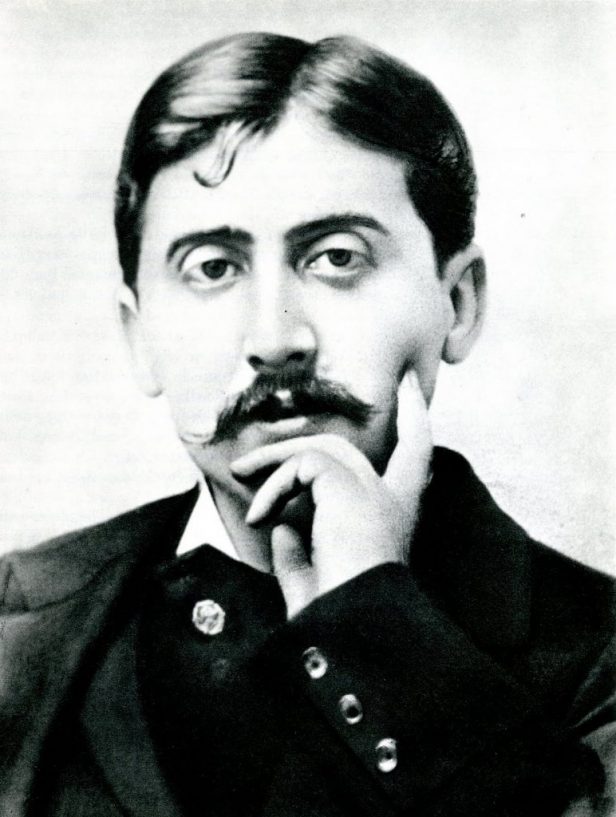H. D. Thoreau and B. Fuller
Henry David Thoreau and Buckminster Fuller
Born July 12 (The Day of the Persuasive Presence)
Although born on the same day, July 12, Thoreau and Fuller were active in different centuries, the former in the 19th and latter in the 20th. Yet they met in a curious way when they were adopted by young revolutionaries of the 1960’s as icons of the peace and love movement – Fuller because of his geodesic domes and other forward looking inventions and Thoreau because of his Essay on Civil Disobedience (which had inspired Gandhi in his opposition to the British presence in India) and his book Walden. The similarities between Thoreau and Fuller go even deeper. As the grandnephew of Margaret Fuller, Buckminster Fuller was on a direct line to the New England Transcendentalists who included Margaret Fuller, Emerson, Alcott, and of course Thoreau himself. Further, both men attended Harvard University (Thoreau graduated but Fuller did not). Thus, it could be argued that Buckminster Fuller was carrying on this Transcendentalist tradition during most of the 20th century.
In fact, both Thoreau and Fuller were important forerunners of today’s environmental activists, who continue to study their writings with great interest. In my book The Secret Language of Birthdays I refer to Thoreau as a naturalist and to Fuller as an environmental theorist, but both were concerned with both preserving and utilizing renewable sources of energy and living in harmony with Nature. Both men were concerned with the four elements – the fire and heat of the sun, the energy of wind and water, and of course the growing of food from the earth and the feeding of humanity. Although separated in age by almost 80 years, their thinking dovetailed beautifully. All one has to do is read Thoreau’s Walden, in which he describes his 2 years, 2 months and 2 days spent in the woods near Walden Pond, and one can imagine living in a Fuller geodesic dome at that very location. Thoreau was even more of a purist, though. He advocated the outdoor life and lived outdoors during those years as much as possible, seeking sleep and nightly refuge in very primitive housing. Thoreau once remarked that all the labor and cost of building an elaborate house and barn could be replaced by a simple covered box that one could lie down in at night. He observed that he saw his neighbors walking with bent backs, bowed down by the weight of their dwellings, possessions, animals, families and financial responsibilities. He said that a man’s possessions should be limited to what he was able to carry with him. For Thoreau, life without freedom was unthinkable.
Fuller had an apartment in Society Hill, Philadelphia, but his neighbors claimed he was only there about one week each year, so busy was he flying from country to country giving lectures, seminars, brainstorming with scientists, ecologists and technicians, implementing his theories, sowing seeds of thought wherever he went.
The New England Transcendentalists were philosophers who believed in the supremacy of spirit over matter, Utopian communities, reincarnation, God and other divinities, the power of the individual human mind, mistrust and even hatred of government, and above all the freedom to act according to the highest principles which had evolved through great thinkers and teachers of the past. Despite their strongly individual natures, Thoreau and Fuller resonated with the idealistic concepts of the Transcendentalists. However, they both also had a strongly nuts-and-bolts, practical and empirical side, and hated to waste money or natural resources. They were both advocates of the philosophy of doing more with less.
– Gary Goldschneider






